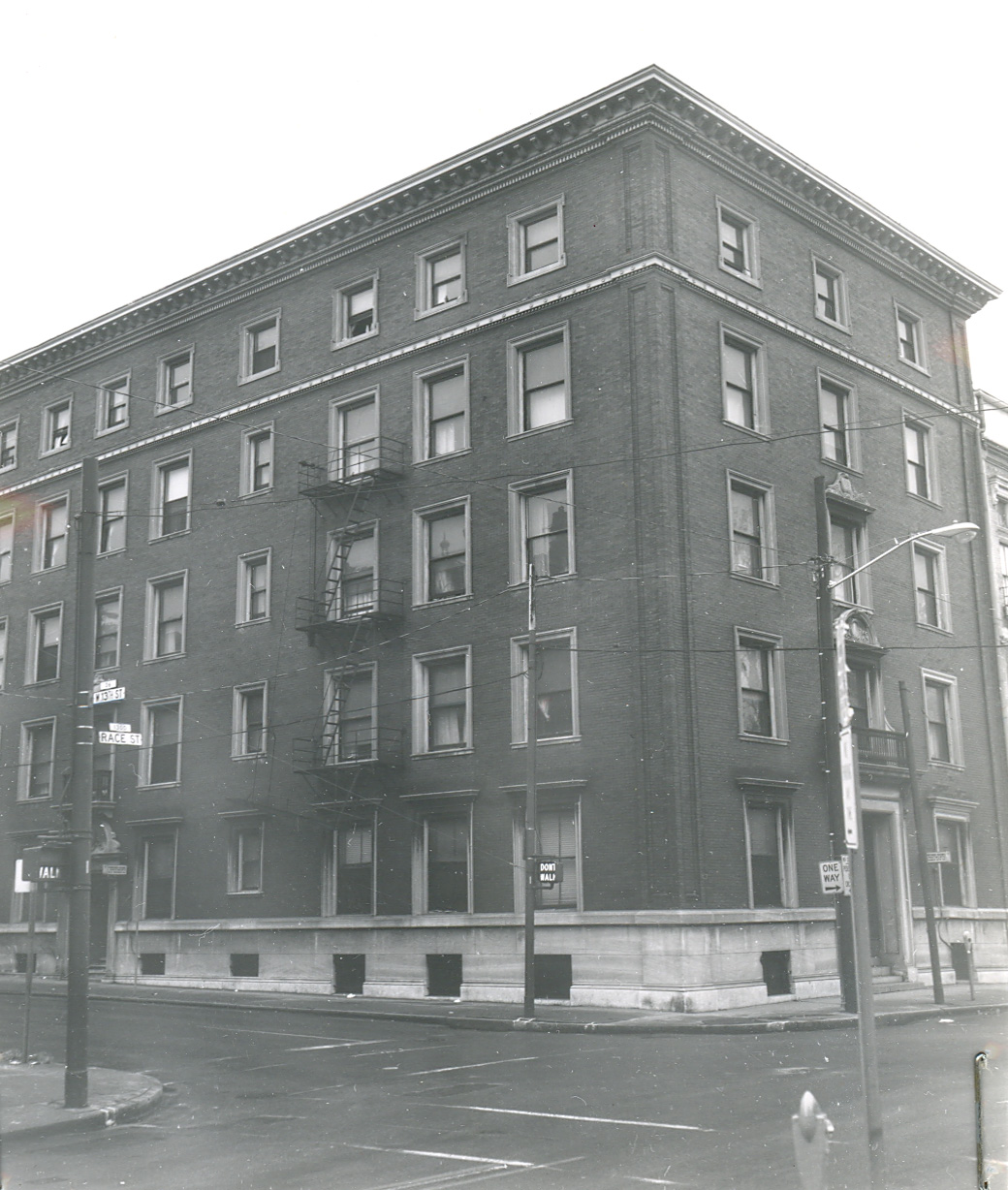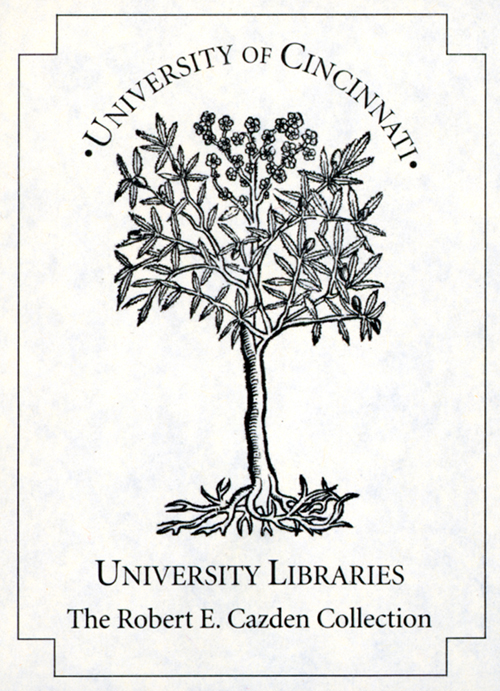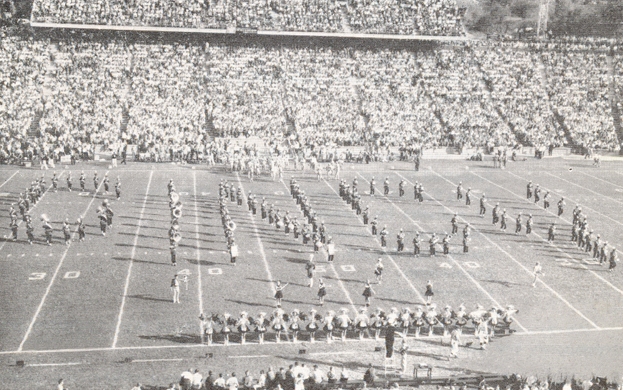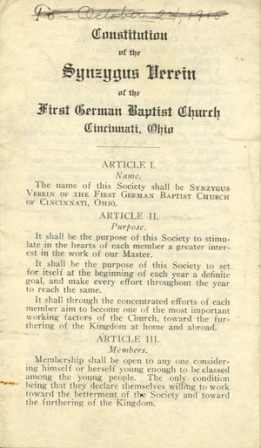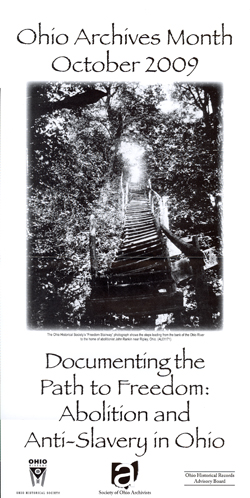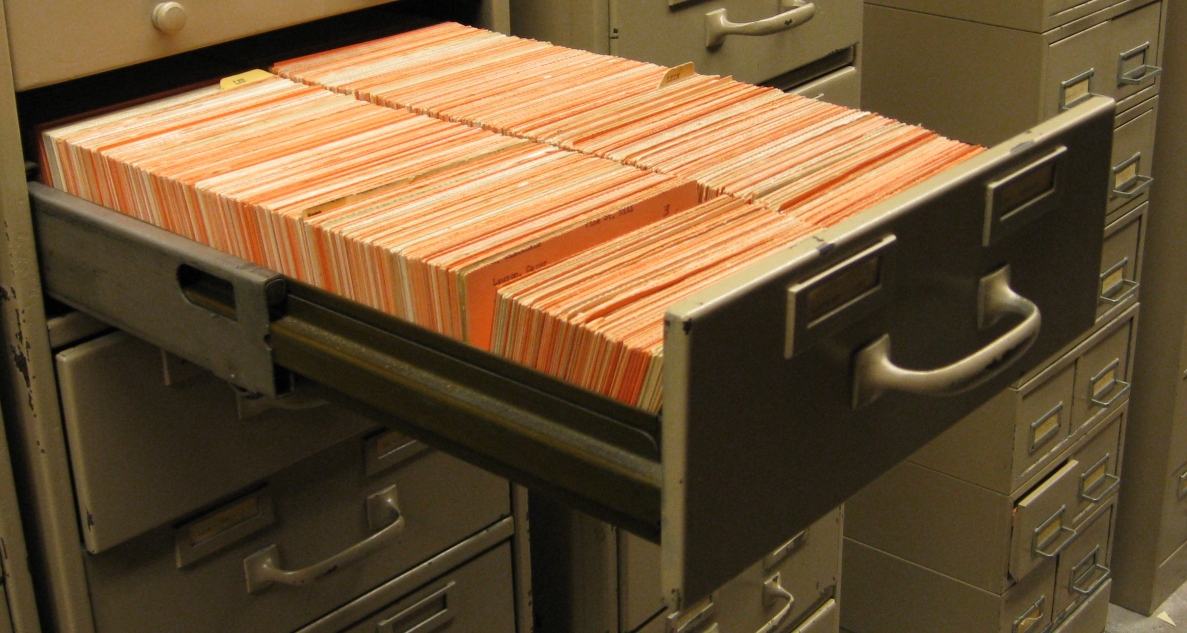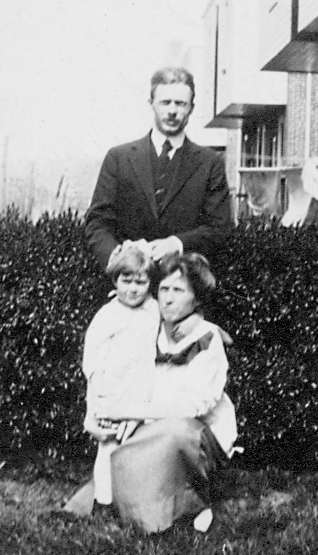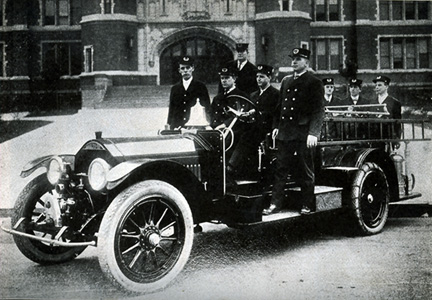The late 1960s saw a myriad of social reforms as part of the War on Poverty. Cincinnati was not immune to this movement, and among the many efforts to improve the plight of the poor in the city, was an attempt to increase the availability of safe and adequate housing for low-income individuals.
For this purpose, Action Housing for Greater Cincinnati was formed in September of 1968 by the Cincinnati City Council and local business interests. Although the organization only lasted until the early 1970s, Action Housing was responsible for building or rehabilitating approximately 1,700 living units for low income families in Cincinnati.

